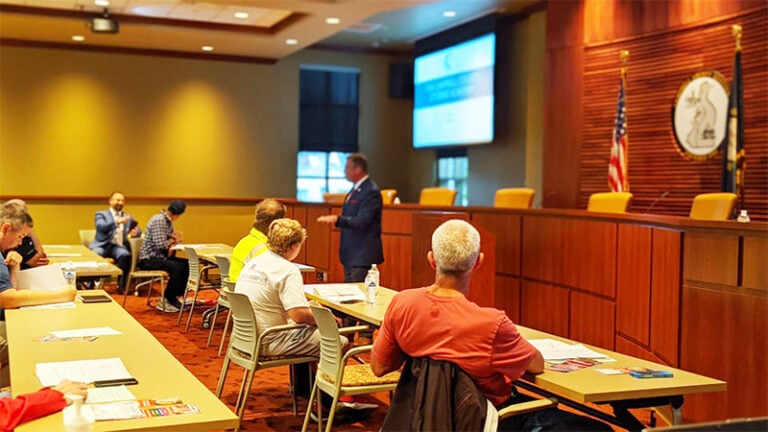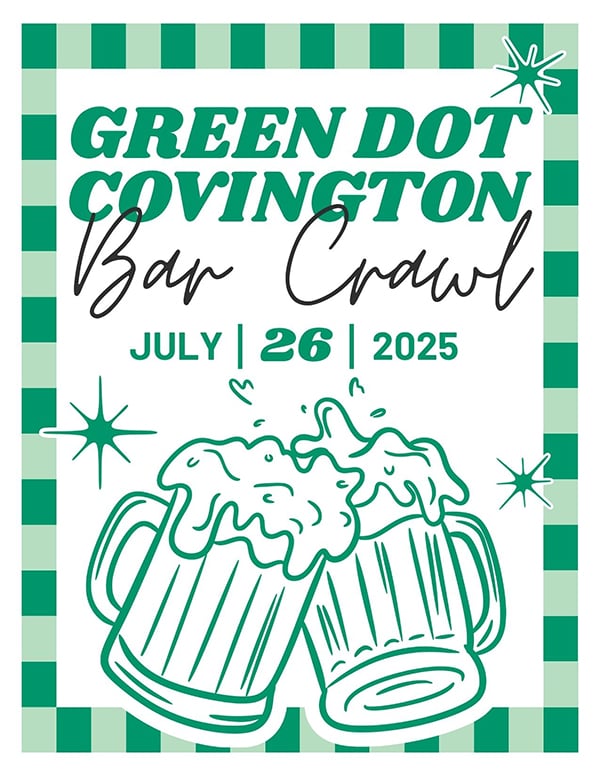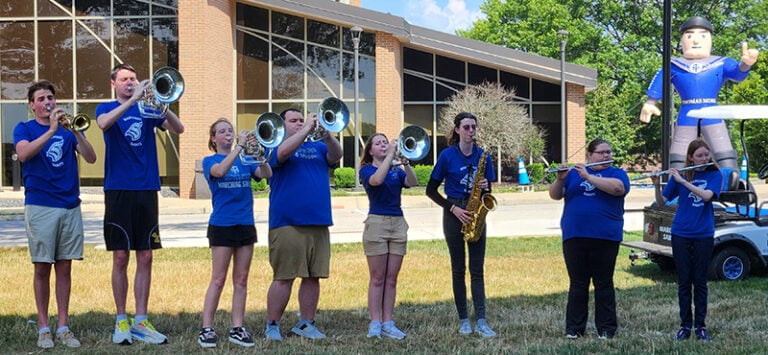April Fools’ Day is one of my favorite days of the year. Anybody who knows me knows that I love a good joke or office prank, and I am always willing to be on the receiving end of a good laugh. Over my many years of employment I have been in on some pretty good office pranks, some of which I can share and some I probably should erase from memory.
Each week, “resident riskologist” Keven Moore shines the light on America’s riskiest behaviors – from unsafe driving practices to workplace stress to common home accidents. And in the process, he provides the information needed to help people play it a little safer.
One office prank that I can recall occurred many years ago when a couple of co-workers removed one of the rollers at the bottom of my chair. The following morning I arrived early before everybody else and discovered their weak attempt at a prank before falling for it (pun intended).
Being a safety professional and all, I did the right thing and reversed the prank back on them.
I quickly staged an accident scene by tipping my chair over on to the floor and poured my coffee onto my desk, before rushing out the door. I then had my wife call back a few minutes later to speak to the pranksters to ask them what had happened and informing them that I was at the ER and in a great deal of pain.
Fearing they would turn themselves into the company’s human resources, I quickly returned back to the scene of the crime – and to see the relief on the two culprits’ faces. It was most effective safety training that one could give, considering the situation.
The origins of April Fools’ Day are uncertain. It is observed throughout the Western world. Practices include sending someone on a “fool’s errand,” seeking things that don’t exist; playing pranks; and trying to get people to believe ridiculous stories.
According to one survey on Graphs.net, 40 percent of Americans will definitely play a joke on someone, while another 37 percent said that they will probably play a prank on April Fools’ Day.
Such behavior is comically depicted in the TV series The Office where Jim Halpert tortures his coworker Dwight Schrute as if every day was April Fools’ Day at Dunder Mifflin Paper Company. Jim pulled countless pranks — from changing his Dwight’s voicemail to make him sound like a chipmunk to ordering 15 large sausage pizzas in Dwight’s name and having them delivered to the office.
Some may wonder why people feel the need to fool around in the work environment? There are several reasons – to alleviate boredom, to alleviate stress, to get attention and notoriety.

Many of these practical jokes seem harmless, posing no threat to an individual’s safety or mental well-being. However in the real world, some practical jokes can cause employees to lose focus and a dangerous situation where injuries can occur. In other words, not all practical jokes are amusing or have a funny outcome; a seemingly innocent prank can have negative consequences, sometimes resulting in a personal injury that turns into a workers’ compensation claim.
The fact is employers have a legal duty, under the Health and Safety At Work Act 1974, to reasonably ensure that staff members are not adversely affected by risks within the workplace. Consequently, if an individual experiences harm after being the victim of a practical joke, he or she may be entitled to claim compensation for their suffering.
In some settings, such pranks are never fun and, in fact, can be hard to distinguish from harassment, discrimination and even workplace violence. It can be construed as harassment, which is illegal, if it is based on a protected characteristic such as race, sex, age, disability or ethnic origin. Those who carry out such pranks may fail to recognize the embarrassment and humiliation of the victim — or the resulting lawsuits and terminations that can occur from a joke gone wrong.
Such pranks can also be linked to bullying, when jokes are really harassment targeting new workers or others who, in someone’s opinion, do not yet fit in with the gang. While a prankster might consider some stunts or practical jokes to be inoffensive or harmless, it’s really the target of the prank who defines what is funny and what is hurtful and potentially resulting in an unwanted workplace Employment Practice Liability claim.
Employers can be held liable for employees’ practical jokes. Employers are in a particularly difficult spot because they must stay on top of any improper employee behavior, but they also don’t want to spoil all the fun either. If you have total lack of supervision, things can get out of hand very quickly. But if the employer is too controlling or overprotective, it can have a undesirable impact on employee morale. Even a common office prank that renders a person’s cubicle unusable, results in a temporary loss of company resources and reduced productivity, which negatively affects your employer’s bottom line.
So before you attempt to pull off that April Fools’ Day joke or prank this year, remember these helpful tips:
Ask yourself, ‘Can somebody get hurt?’— Look past the humor and ask yourself does your prank or joke pose a dangerous threat to the person or others, and could somebody get physically or emotionally hurt? If so then don’t do it.
Know the person you prank – Before pulling of your April Fools’ joke or prank, make sure you know the person well enough to know what his or her response will be. Stay away from pranking the new person in your department. Just because he or she is the easiest target, doesn’t mean it will be best received.
Avoid over-the-top pranks — Each year employees up their game and try to out do their coworkers in an effort to retaliate from a previous prank. Unfortunately, when this happens many lose sight of where the out-of-bounds line is. Remember, less is always more (safe).
Prank before or after work — Can you carry out your April Fools’ joke or prank away from work? If so then this is your better option.
Don’t record the prank – Recording your April Fools’ prank is a bad idea. If you cross that out-of-bounds line, a recording can be used as evidence against you and your employer.
Run it by your spouse or other trusted adviser – When in doubt, always bounce your idea off someone you trust.
Anti-harassment, nondiscrimination and safety policies in employee handbooks should address pranks, as should annual company-wide training on these policies. Employers should emphasize that this doesn’t mean employees cannot have fun at work. Employers and workers alike should consider the consequences of any potential shenanigans — and avoid becoming a Fool at work on April 1.
Be safe, my friends.
 Keven Moore works in risk management services. He has a bachelor’s degree from University of Kentucky, a master’s from Eastern Kentucky University and 25-plus years of experience in the safety and insurance profession. He lives in Lexington with his family and works out of both the Lexington and Northern Kentucky offices. Keven can be reached at kmoore@roeding.com.
Keven Moore works in risk management services. He has a bachelor’s degree from University of Kentucky, a master’s from Eastern Kentucky University and 25-plus years of experience in the safety and insurance profession. He lives in Lexington with his family and works out of both the Lexington and Northern Kentucky offices. Keven can be reached at kmoore@roeding.com.

















